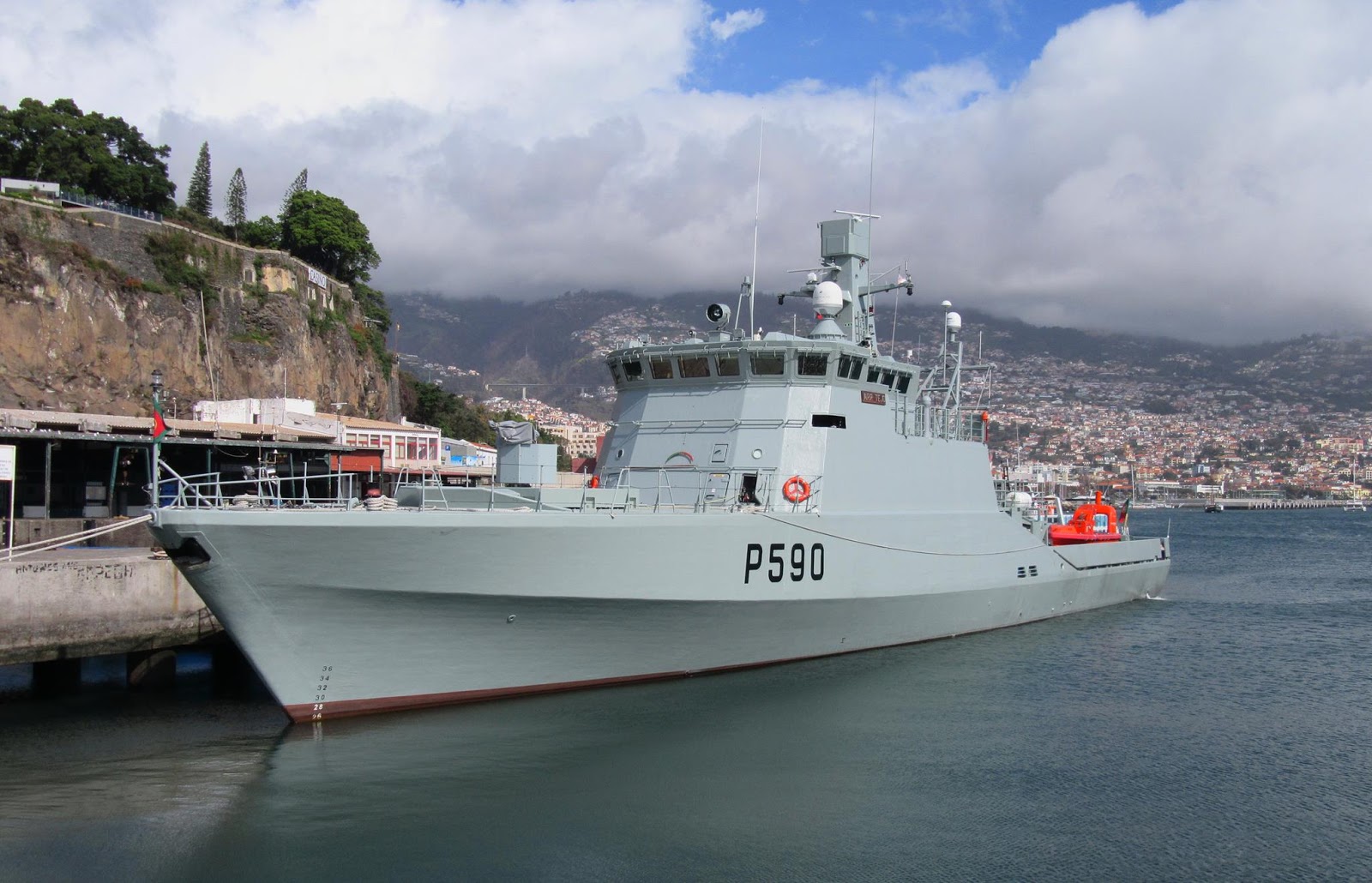The Portuguese Navy, a storied institution with a rich history, has been an integral part of Portugal's maritime heritage. With its roots tracing back to the Age of Discoveries, the navy played a pivotal role in establishing Portugal as a formidable maritime power. From the exploration of distant lands to protecting national interests, the Portuguese Navy has evolved through centuries, adapting to changing geopolitical landscapes and technological advancements.
Today, the Portuguese Navy continues to uphold its legacy while embracing modern naval strategies and technologies. It operates under the auspices of the Portuguese Armed Forces, ensuring the safety and security of Portugal’s maritime borders and interests. This article delves into the history, structure, and contemporary role of the Portuguese Navy, highlighting its significance in both national and international contexts.
As we explore the various facets of the Portuguese Navy, we will answer key questions surrounding its history, current operations, and future challenges. Join us on this journey through time as we uncover the enduring impact of the Portuguese Navy on maritime affairs.
What is the Historical Significance of the Portuguese Navy?
The Portuguese Navy's history is deeply intertwined with the Age of Discoveries, a period marked by exploration and expansion during the 15th and 16th centuries. This era saw the emergence of legendary explorers such as Vasco da Gama and Ferdinand Magellan, who charted new territories and established sea routes that connected Europe with Africa, Asia, and the Americas.
During this time, the navy was crucial in protecting merchant ships and colonies, ensuring the flow of trade and resources. The establishment of a vast maritime empire, which included territories in Africa, Asia, and South America, was made possible through naval power. The Portuguese Navy’s role in these endeavors solidified its reputation as a formidable maritime force.
How Has the Portuguese Navy Evolved Over Time?
The evolution of the Portuguese Navy can be categorized into several key phases:
- Age of Discoveries (15th-16th Century): Marked by exploration and expansion, the navy played a pivotal role in discovering new lands.
- Colonial Era (17th-19th Century): As Portugal established its empire, the navy was responsible for defending its colonies and trade routes.
- World Wars (20th Century): The navy adapted to modern warfare, participating in both World Wars and adopting new technologies.
- Modern Era (21st Century): Today, the navy focuses on international cooperation, maritime security, and humanitarian missions.
What Are the Current Roles and Responsibilities of the Portuguese Navy?
In the contemporary landscape, the Portuguese Navy undertakes a variety of roles and responsibilities, including:
- Defending national sovereignty and maritime borders.
- Participating in NATO and EU missions to ensure collective security.
- Conducting search and rescue operations and humanitarian missions.
- Engaging in anti-piracy and anti-smuggling operations.
What Is the Structure of the Portuguese Navy?
The Portuguese Navy is structured into various branches and units, each with specific functions. The main components include:
- Naval Operations Command: Responsible for overall naval operations and strategic planning.
- Surface Fleet: Comprises frigates, corvettes, and patrol vessels for naval combat and defense.
- Submarine Fleet: Operates submarines for stealth operations and intelligence gathering.
- Aviation Branch: Includes naval helicopters for reconnaissance and support missions.
How Does the Portuguese Navy Contribute to International Security?
The Portuguese Navy plays a vital role in contributing to international security through cooperation with other nations. It participates in joint exercises, peacekeeping missions, and maritime security operations. By collaborating with NATO and the European Union, the navy helps address global challenges such as piracy, terrorism, and human trafficking.
What Are the Challenges Facing the Portuguese Navy Today?
Like many modern navies, the Portuguese Navy faces several challenges, including:
- Budget Constraints: Limited financial resources can impact modernization and operational capabilities.
- Technological Advancements: Keeping pace with rapidly evolving technology requires continuous investment in training and equipment.
- Geopolitical Tensions: Navigating complex international relations and regional conflicts can strain naval operations.
Conclusion: What Lies Ahead for the Portuguese Navy?
The future of the Portuguese Navy looks promising, with ongoing efforts to modernize its fleet and enhance its operational capabilities. As it continues to adapt to the changing landscape of global security, the navy remains committed to its mission of safeguarding national interests and contributing to international peace and stability. In a world where maritime challenges are increasingly complex, the Portuguese Navy stands ready to face the future with resilience and determination.




